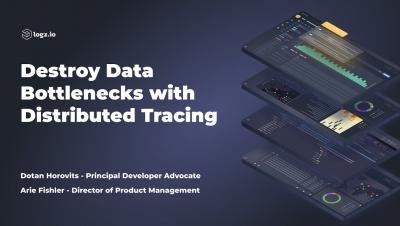Observability Is a Data Analytics Problem
Observability is a hot topic in the IT world these days. It is oftentimes discussed through the lens of the “three pillars of observability”: Logs, Metrics and Traces. Indeed these telemetry signal types help us understand what happened, where it happened and why it happened in our system.











